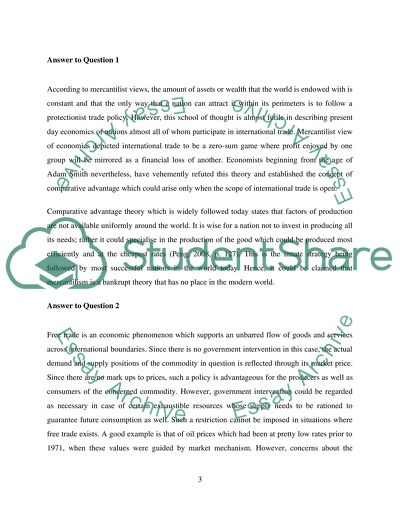Cite this document
(“International trade theory Essay Example | Topics and Well Written Essays - 1500 words”, n.d.)
Retrieved from https://studentshare.org/environmental-studies/1406894-international-trade-theory
Retrieved from https://studentshare.org/environmental-studies/1406894-international-trade-theory
(International Trade Theory Essay Example | Topics and Well Written Essays - 1500 Words)
https://studentshare.org/environmental-studies/1406894-international-trade-theory.
https://studentshare.org/environmental-studies/1406894-international-trade-theory.
“International Trade Theory Essay Example | Topics and Well Written Essays - 1500 Words”, n.d. https://studentshare.org/environmental-studies/1406894-international-trade-theory.


